The most reliable SUVs on UK roads, based on more than 2,750 vehicle repair claims, have been revealed in new data released by Warranty Solutions Group (WSG).
Analysis of claims made between June 2024 and May 2025, across 20 of the most popular SUV models, found the Toyota RAV4 recorded the lowest claim rate of just 9.68%, with an average claim cost of £825.28.
Not far behind, the Ford Puma posted a 10.48% claim rate with an average repair bill of £800.07, while the Volvo XC40, Dacia Duster, and Skoda Karoq also performed strongly
At the other end of the spectrum, the analysis found that premium SUV models like the Land Rover Discovery, Jaguar I-Pace, and BMW X5 were among the least reliable, each with claim rates exceeding 30%.
The Land Rover Discovery had the highest claim rate of 41.56%, while the Jaguar I-Pace generated the highest average repair cost at £1,183.54.
The Dacia Duster and Skoda Karoq may rank just outside the top three for reliability, according to the WSG analysis, coming in 4th and 5th respectively, but they had some of the lowest repair costs.
The Skoda Karoq, for example, is the most affordable SUV to fix, with the Duster close behind in second place, the WSH data suggests.
Although their claim rates are around four percentage points higher than the Toyota RAV4, the average cost of repairs is significantly lower - up to 45% cheaper.
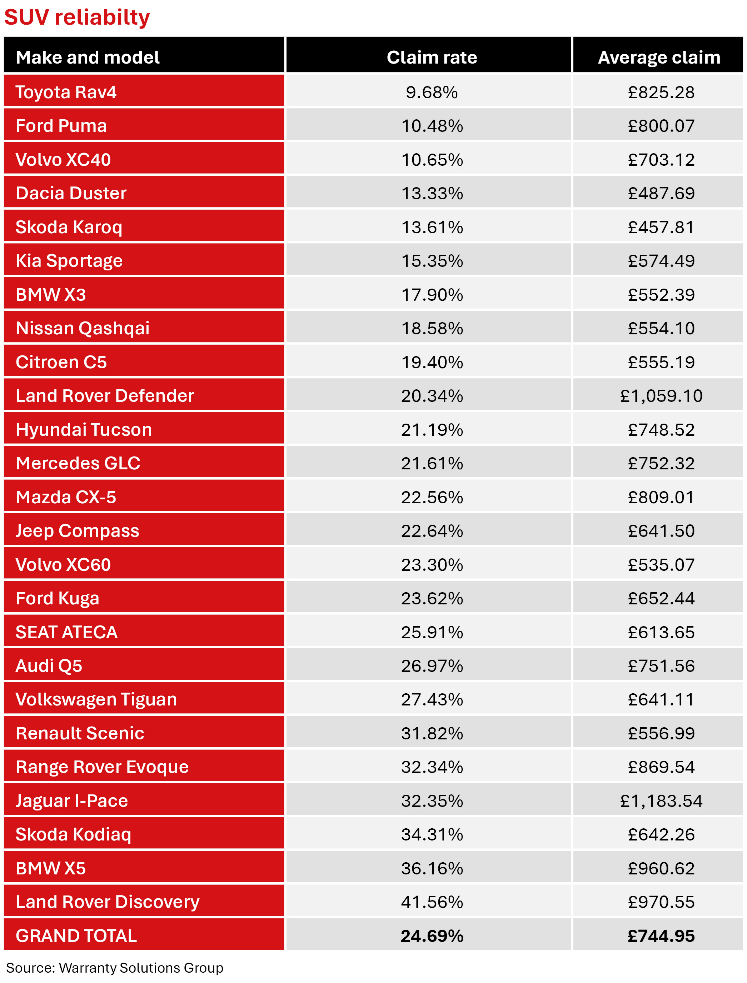
The average claim rate across the SUV category stood at 24.69%, with the average cost of a repair reaching £744.95.
Martin Binnee, operations director at WSG, said: “The data shows that after 25 years on the road, the Toyota RAV4 remains a benchmark for reliability in the SUV market.
“It’s clear that Toyota’s continued focus on build quality is paying off.”
He added: “In a crowded market where many models are struggling with high failure rates and expensive repairs, the RAV4 stands out as a smart choice for drivers looking for long-term dependability.
“These insights are invaluable for motorists weighing up which SUV truly delivers beyond the showroom.”
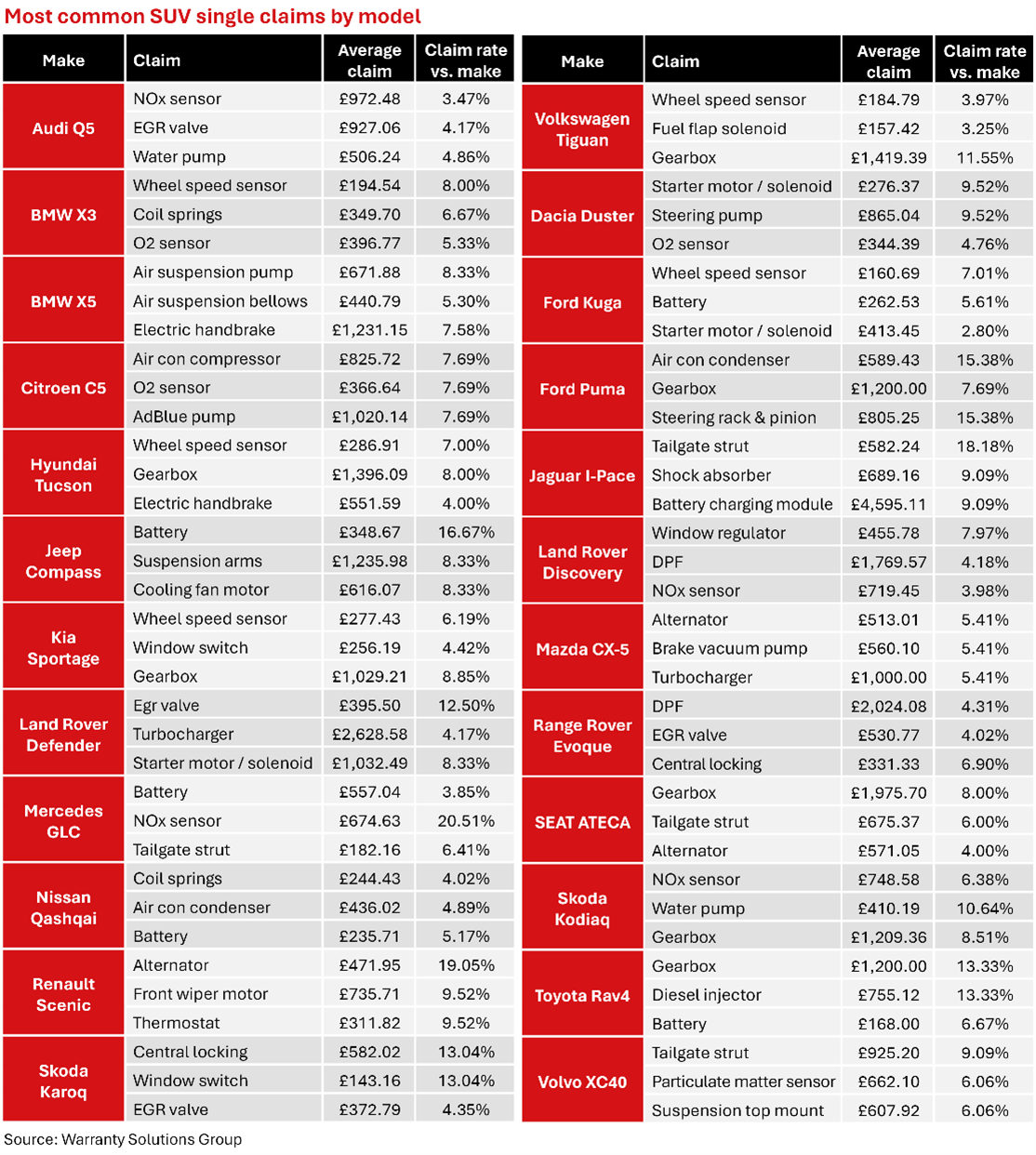
WSG’s analysis shows that the most frequent faults affecting UK SUVs involved NOx sensors, ABS wheel speed sensors and battery failures.
NOx sensor faults accounted for 2.68% of all claims and costing drivers an average of £667.74 to repair.
Alongside these common problems, the data highlights the serious financial risk of high-cost component failures.
Gearbox issues appear in nearly 2% of claims, with repair bills averaging £1,361.85.
Other costly repairs include turbocharger faults (£1,374.42), diesel particulate filter (DPF) failures (£2,009.48), and steering rack replacements (£1,676.96).
Binnee continued: “Our findings suggest that while many SUVs are marketed for their rugged appeal and family practicality, owners should be prepared for a range of reliability challenges, particularly as vehicles age.
“From emissions-related sensors to suspension components and electronic systems, the breadth of common faults points to increasing mechanical and technological complexity.
“With repair costs often running into the hundreds or even thousands of pounds, the data highlights just how vital it is for SUV owners to invest in preventative maintenance and warranty protection to avoid unexpected financial shocks.”
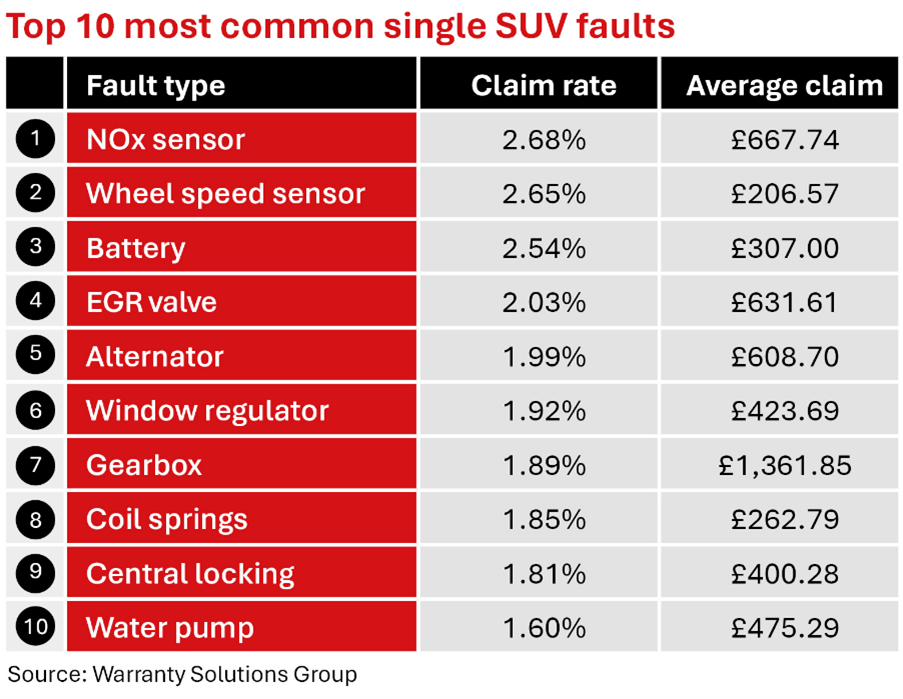
Premium models often come with premium repair bills
The Jaguar I-Pace, for example, reported a battery charging control module fault costing over £4,500, while electric handbrake repairs on the BMW X5 average £1,231.15.
Gearbox repairs for the Volkswagen Tiguan, meanwhile, cost on average £1,419.39, and Ford Puma’s steering rack issues come in at £805.25.
These issues are not rare either; many of the faults appear in 5–15% of claims per make.
The data also points to systemic issues with supposedly minor parts. ABS wheel speed sensors, batteries, and window switches feature frequently, for example, with brands like BMW, Hyundai, and Kia showing fault rates above 6% for these components.
While individually cheaper than gearbox or suspension issues, their high frequency makes them a recurring cost.
Some vehicles, such as the Jeep Compass and Skoda Karoq, show double-digit claim rates for parts like batteries and locking systems, underlining just how widespread these failures are.
Binnee said: “This level of granular fault data gives us an invaluable look into what SUV owners are really facing once they're out of warranty.
“From high failure rates on everyday components like batteries and ABS sensors to eye-watering repair costs for gearboxes, DPFs, and even electric handbrakes, the picture is clear, some of the most popular and premium SUV models are also the most prone to costly failures.
“The data shows, for example, that the Jaguar I-Pace’s battery charging control module carries a repair cost of over £4,500, while gearbox issues are hitting multiple brands with regularity and bills often exceeding £1,200.
“While it's easy to be swayed by badge appeal or high-tech features, owners need to be aware of the potential repair risks beneath the surface. Whether it's a Skoda Kodiaq’s NOx sensor, or a Range Rover Evoque’s DPF, these are not isolated problems, they’re patterns.”
He added: “With even established models like the Toyota RAV4 experiencing gearbox claim rates of 13.33%, it’s clear that mechanical complexity and high repair costs are not limited to luxury brands.”
In separate research conducted by Fleet News, the BMW 3 Series was named as the most reliable new car, based on data from the UK's 50 largest leasing companies.
As part of last year’s annual FN50 survey, leasing providers revealed that the BMW 3 Series suffered the least breakdowns and warranty claims.
BMW was also crowned the most reliable brand overall.
FN50 leasing companies collectively operate more than 1.33 million cars, many of which are company cars, making this one of the largest and most comprehensive reliability studies available.
You can read the full reliability analysis in the 2024 FN50 report.

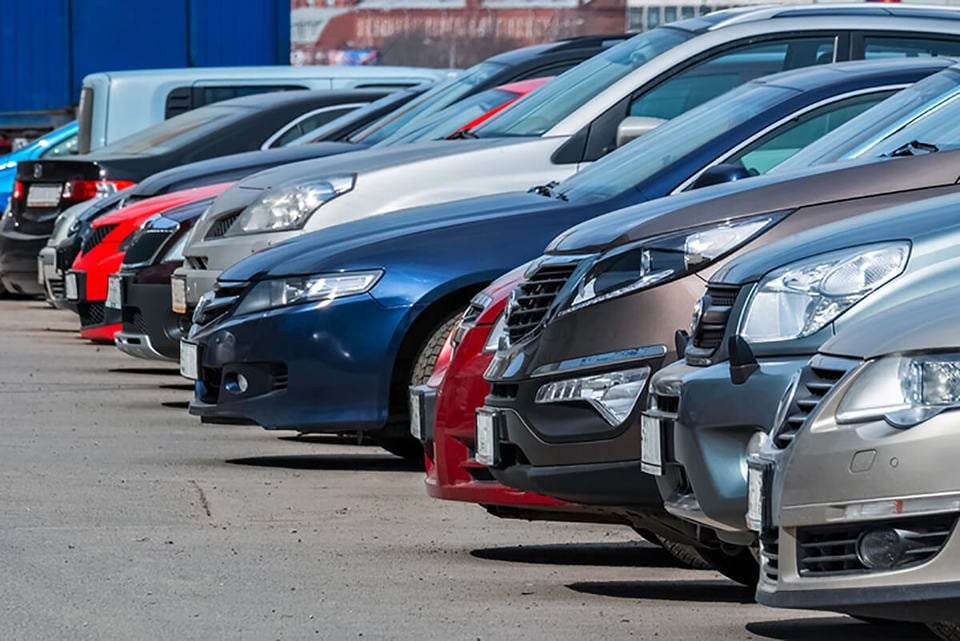




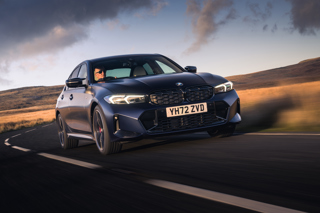

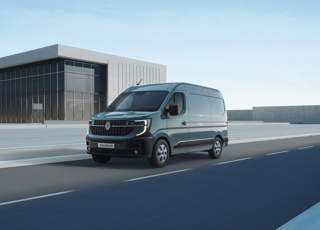
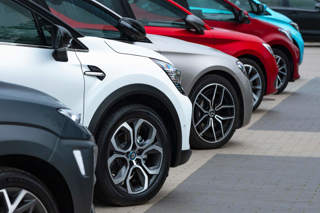












Login to comment
Comments
No comments have been made yet.